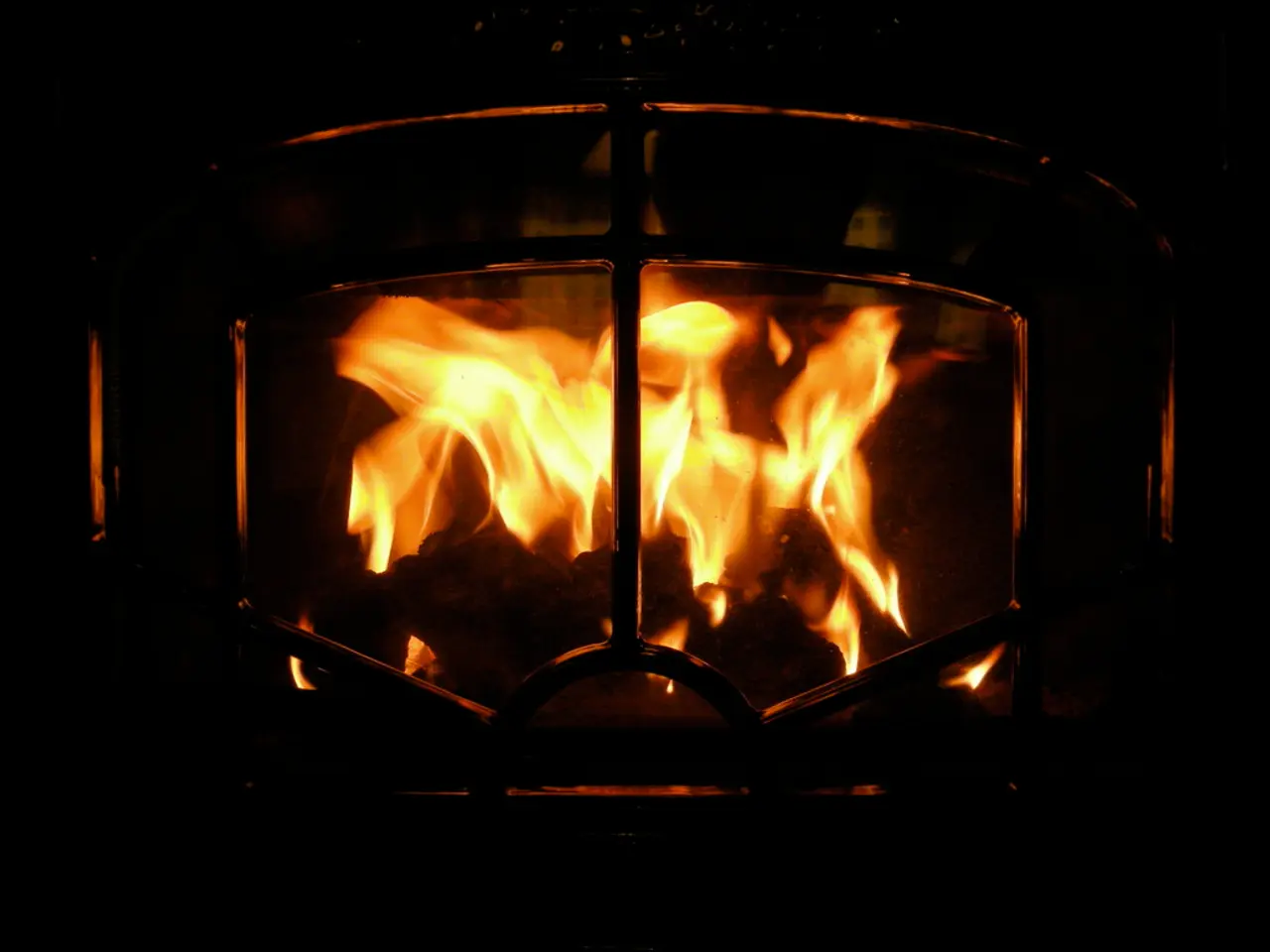Experiencing a Sting in the Nose: Discovering Causes, Remedies, and Relief Strategies
From hay fever to common colds, many individuals experience a burning sensation in their nose, often due to allergic rhinitis or viral infections. In this article, we explore effective home remedies to alleviate this discomfort.
Allergic rhinitis, affecting 10 to 30% of people worldwide, is an inflammation of the nasal passages caused by allergens such as pollen, dust, or mould. Symptoms include sneezing, a runny or stuffy nose, postnasal drip, and a burning sensation in the nose.
When it comes to viral infections like the common cold or flu, cold viruses are responsible for around 200 million illnesses in adults in the United States each year. These infections can also lead to a burning sensation in the nose.
So, what can be done at home to find relief? Here are some effective remedies:
1. **Saline Nasal Irrigation**: Rinsing the nose with a saltwater (saline) solution helps flush out allergens, mucus, and irritants. This soothes nasal inflammation and can reduce the burning sensation. It can be done using a squeeze bottle, bulb syringe, or a saline nasal spray as needed.
2. **Stay Hydrated and Use Warm Compresses**: Drinking plenty of fluids helps thin mucus, and applying warm compresses to the face can ease discomfort and nasal congestion, which may reduce irritation.
3. **Use a Humidifier**: Adding moisture to dry indoor air prevents dryness-related irritation and burning in the nasal passages, especially in winter or air-conditioned environments.
4. **Avoid Allergens and Irritants**: Limiting exposure to triggers like dust, pollen, mold, and smoke helps prevent further nasal inflammation and burning.
5. **Over-the-Counter (OTC) Medications**: Using nasal steroid sprays reduces inflammation and swelling in the nasal passages. Oral antihistamines can prevent allergic reactions causing burning and itching. However, antibiotics are not effective for allergic rhinitis symptoms.
6. **Honey and Warm Liquids**: Drinking warm teas with honey can soothe mucous membranes and reduce irritation in and around the nose and throat, providing indirect relief for nasal burning.
If symptoms persist beyond 7–10 days or worsen, medical consultation is recommended, especially to rule out bacterial sinus infections or other complications.
For those who suspect they have COVID-19, it's crucial to follow guidelines to prevent spreading the virus. These include staying away from others, monitoring symptoms, wearing a well-fitting mask, covering the mouth and nose when sneezing, throwing away tissues and washing hands thoroughly, cleaning the hands often, avoiding sharing personal items, cleaning and disinfecting surfaces regularly, keeping the home ventilated by opening windows, and keeping a record of close contacts.
In conclusion, home remedies target the underlying causes—nasal inflammation, dryness, and irritation—and help provide fast, natural relief from the burning sensation in the nose due to allergies or viral infections.
- In addition to home remedies, medical-conditions like sinusitis, other nasal disorders, and respiratory conditions may require professional treatment.
- Science has shown that CBD, a compound found in cannabis plants, may offer relief for some individuals suffering from inflammation and pain related to these medical-conditions.
- A health-and-wellness routine incorporating fitness-and-exercise and good nutrition can help build overall immunity, making the body less susceptible to colds, flu, and allergies.
- Regularly cleaning and disinfecting surfaces, washing hands often, and following nutritional guidelines are important for maintaining health-and-wellness during a pandemic, such as with COVID-19.
- It's essential to consult medical professionals for advice on managing these medical-conditions, as continued symptoms or worsening conditions may indicate complications.
- Prioritizing hydration, using home remedies, and adhering to medical advice can contribute to overall well-being and help alleviate the discomfort caused by allergies, flu, or viral infections.







